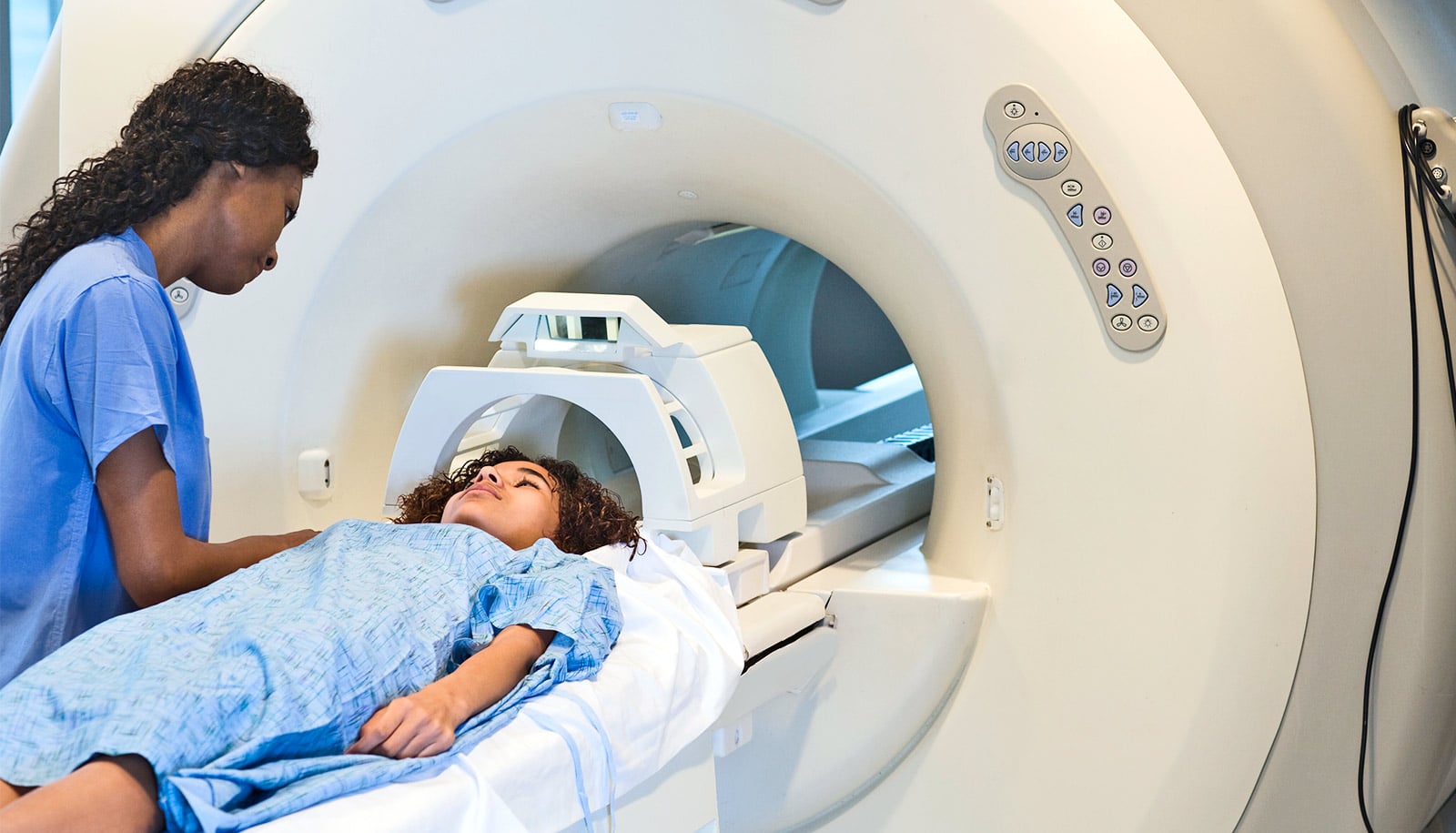A simple sugar, N-acetylglucosamine, reduces several inflammation and neurodegeneration markers in people with multiple sclerosis, suggest study results.
In addition, the researchers also report that this dietary supplement improved neurological function in 30% of patients. The study appears in the Journal of Neuroinflammation.
According to the World Health Organization, MS affects more than 1.8 million people, and while there are treatments to prevent relapses and improve quality of life, there is no cure.
A major issue with current therapies in MS is the inability to treat chronic-active neuroinflammation in the brain and the associated failure to repair the loss of myelin that covers and protects axons, the electrical wires of the brain. Over time, this leads to permanent nerve cell damage and slow progressive loss of neurological function in patients.
“Our previous studies in mice and humans implicated N-acetylglucosamine in suppressing brain inflammation, promoting the re-growth of the myelin sheath and slowing brain degeneration,” says lead investigator Michael Demetriou, professor of neurology and microbiology and molecular genetics at the University of California, Irvine School of Medicine.
The new paper reports on the first clinical trial of N-acetylglucosamine in MS patients to directly investigate these potential activities.
Researchers found that N-acetylglucosamine was safe and reduced multiple inflammation and neurodegeneration markers in MS patients despite the patients already being on the FDA approved immunomodulatory therapy Glatiramer Acetate, known to affect these pathways outside the brain.
“We also observed a sustained reduction in neurological disability in 30% of the patients, an activity which has not been observed with current FDA approved therapies,” says Michael Y. Sy, associate professor of neurology at the School of Medicine. “They at best slow progression, not improve function.”
The data suggest that N-acetylglucosamine reduced untreated chronic-active neuroinflammation and/or promoted myelin repair. However, the researchers stress that the trial was unblinded and therefore future blinded studies and additional parameters are essential to validate N-acetylglucosamine’s potential to improve residual chronic-active brain inflammation, myelin repair, neurodegeneration, and neurological function in MS.
“Future studies demonstrating that N-acetylglucosamine can restore neurological function in MS patients would be a gamechanger and provide something that no other current therapy can do,” says Demetriou.
Sy and Demetriou are named as inventors on a patent application that describes GlcNAc as a biomarker for progressive multiple sclerosis. MD is named as an inventor on a patent for use of GlcNAc in multiple sclerosis.
Source: UC Irvine



